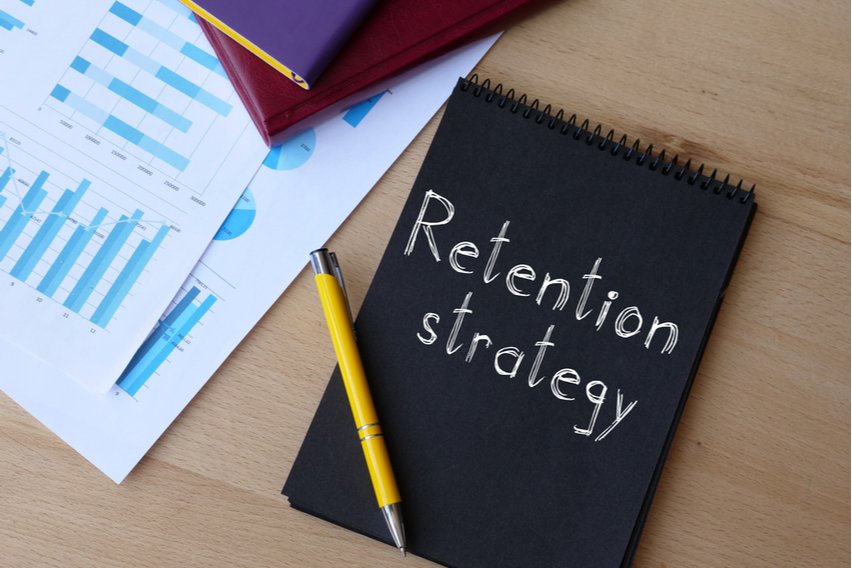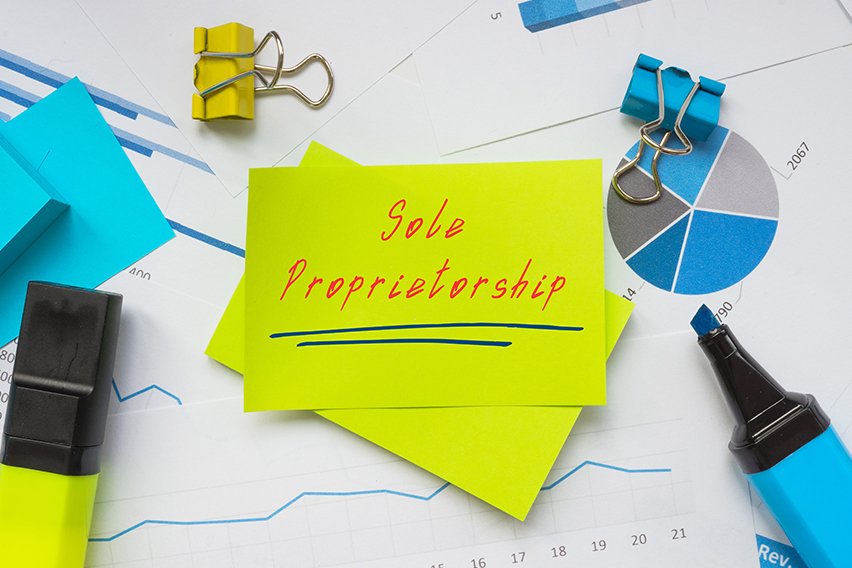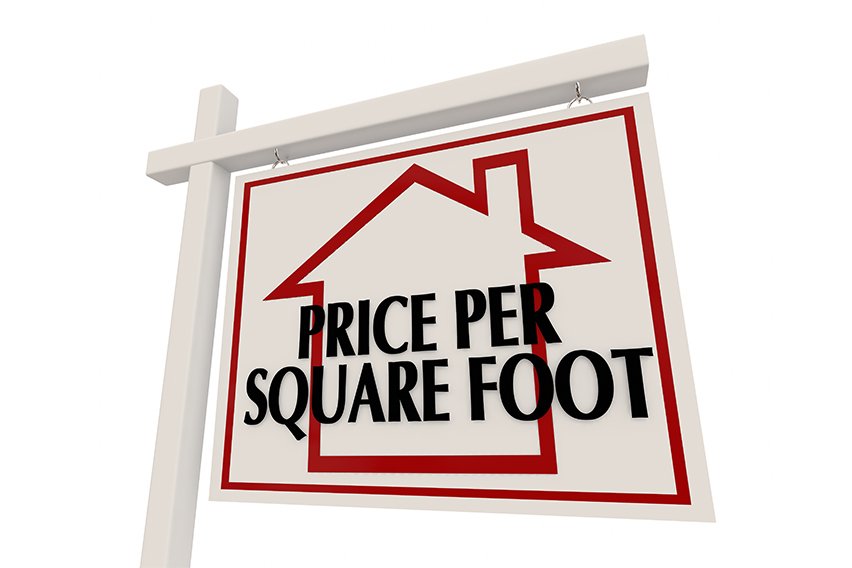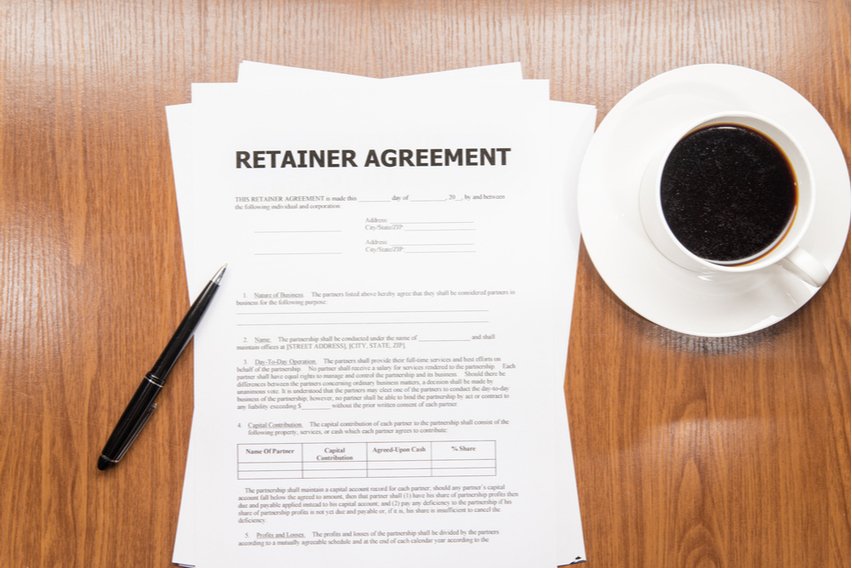Top 10 Sales Tips & Strategies (Beginner & Advanced)

No matter the business, sales are what makes or breaks a company. It should come as no surprise, then, that companies worldwide spend staggering amounts of money trying to improve their sales.
In 2020, nearly $243 billion went towards marketing in the United States alone. In short, sales are essential. So, with that out in the open and front and center, what are some effective sales tips that can help you in your business?
We’ve got that for you and more. In fact, we want to address both beginner and advanced business owners. What’s more, we’re sharing some effective strategies that are sure to prove beneficial to you. If you want to be a top performer, these tips and strategies serve as the baseline by which you should operate.
Here’s What We’ll Cover:
5 Effective Sales Tips & Strategies for Beginners
5 Advanced Sales Tips & Strategies
5 Effective Sales Tips & Strategies for Beginners
Before we dive too deeply into our advice well, we find it’s best to start with the basics. If some of these seem a bit, well, basic to you, don’t fret. We’ll get to the advanced tips and strategies momentarily. With that said, it can’t hurt to brush up on things you already know.
Oftentimes, the influx of new and exciting sales tools can overshadow what you’ve already learned. So take this opportunity to re-familiarize yourself with some helpful sales basics.

-
Learn Your Product Inside-Out
It is important that you understand the function of your product. This means learning its specific features and how they can help solve any problems that your customers may encounter. After all, you are the official spokesperson of the product. If you don’t use it, why should anyone else?
Browse all available product demonstration videos and supporting documents. Try to understand the purpose of each function and what problem it aims to solve. Furthermore, ask some essential questions that help you better relate to your product or service.
Let’s take a moment to go over some helpful questions. Your ability to answer these questions without hesitation is not only great customer service but also good for business.
- What do I need in order to use your product?
- What problem does your product remedy?
- Do you offer support for your product?
- Is it customizable?
- What’s it cost?
The majority of your customers don’t care about the technical aspects of your product; they just want to know whether it will make their lives easier. A thorough understanding of your products will do more than make you a cheerleader with more confidence in what you sell. It can also help you pinpoint your customers’ needs and address them accordingly.
-
Address Your Customers’ Needs
Your potential customers have a unique interest in solving any problems they may encounter. Continuing to talk about the brilliance of your product only goes so far. How does your product directly benefit your prospective customer?
Once again, there are some questions you can ask that will aid you in identifying your customers’ needs, such as:
- Can you help me better understand your business process?
- What are your daily goals? What about long-term goals?
- What are the biggest problems and obstacles you face?
- Do you have expectations for the solution?
- Are there any budget constraints?
- If you solve a specific problem, how does it impact your overall operations?
It is important to actively listen to the answers given by your prospective customer. Salespeople are often so busy with their sales pitch that it’s to their detriment. They forget that sometimes the best salespeople listen rather than speak.
By applying this to your business, you won’t just better understand your potential customers. You will also gain a better understanding of your own products and how to best sell them.
Finally, provide solutions to the needs of your prospective customer. Sales promotion works best when you show that you understand your customers’ barriers. It’s then that you can show how your product is the best solution to overcome them.
-
Understand Your Clients in Advance
Your potential customers are looking for answers, and they want you to provide them. One of the best sales techniques is to prepare all the information you may need in advance. Have this ready for all meetings in order to provide your potential customer with the information that will turn them into customers.
This includes knowing as much as possible about them and their situation. Being prepared for each sales meeting proves your abilities, knowledge, and confidence.
Of course, there are always times in your business that present spontaneous meetings with customers. In these instances, you need to be able to quickly access any information that your average customer might need and discuss it in great detail.
Therefore, make sure you master the following:
- What is the purpose of your call?
- What information do I need to uncover during the sales call?
- What are the strengths and weaknesses of my product?
- Who is the decision-maker on your customer’s end?
- If you’ve already met your customer, what was not done in the last meeting?
An astonishing number of sales teams do not spend time researching their potential customers. Nor do they prepare for sales calls. This only serves to undermine their efforts and leave a bad impression on potential customers. Planning your calls ahead of time can help you obtain the necessary information to add value to the conversation.
Develop this sales habit, and you will win the trust of potential customers. Even better, you’ll also gain confidence in your sales game.
-
Master the Follow-Up
If there’s one thing that all sales experts agree on, it’s that the follow-up is critical. You can have the best product on the market. Your sales meeting can be flawless. None of that matters if you don’t reconnect with your customers after they leave.
Why? Because you are likely to miss out on the sales opportunity if you don’t. The fact is, 80% of sales need to have at a minimum of 5 follow-ups. That’s a big deal and one that you can’t afford to overlook. No matter how good you feel about your sales conversations, not following up is likely to cost you the sale.
So, what can you do about this? Follow-up emails are a great way to keep in touch with customers after the initial interaction of the sales process. It tells your prospective customer that you care. What’s more, a simple email provides your prospect with a convenient conversation that they can read on their time.
-
Make Rejection Work for You
Lastly, we want to focus on an area that gets overlooked all too often. We get it. No one likes rejection, and no one wants to deal with it. But in the world of sales, rejection can serve as an excellent opportunity if you know how to use it to your advantage.
If you’ve been in sales long enough, you’ve likely figured out by now that rejection is part of the game. Sometimes, you’ll lose a sale to a crafty competitor. On many occasions, consumers just don’t have the money to spend. And, of course, there are people who simply don’t need what you’re selling.
It’s nothing personal. So use every rejection as an opportunity to improve your sales technique. Find out how you can adjust your approach to better accommodate your customers’ needs. One of the most notable things that rejection highlights is where your sales approach is weak.
This is the perfect opportunity to make adjustments so that you get better results the next time. Essentially, you’re turning weaknesses into strengths. The only true failure is to ignore rejection, as you’re only hurting yourself. Make rejection work for you, and you will start seeing newfound growth.
5 Advanced Sales Tips & Strategies
Now that we’ve covered the basics, it’s time to move on to some of the more advanced sales tips and strategies. In the sections to follow, we’re sharing insight into the nitty-gritty of everyday sales. It’s when you overcome these daily challenges that you find yourself becoming a sales leader.
-
Learn to Manage Your Time
We’ve all heard the adage that time is money. If you’re not managing your valuable time effectively, you’re losing out on potential sales.
As a salesperson, most days can feel like a rat race. Therefore, one of the best things you can do is prioritize your time and make the most of what you’re given to work with. As such, your calendar needs to be your best friend.
If it’s not already, start using your calendar to plan your days. This will help you use your time wisely. One mistake that salespeople make far too often is losing track of time. And one of the primary ways this happens is by spending too much time with clients during your sales presentation.
Yes, it’s important to give your time and commit. But it’s equally important to know when to back away. Getting too deep into a meeting or conversation can and will take time away from other clients – ones who are willing to pay you good money.
This does not mean that you should ignore customers who aren’t spending as much. It is, however, important to prioritize your customer list and maximize your time. So, how can you best do this?
-
Learn to Leverage
In this case, we’re talking about tools and technology. That said, leveraging can apply to many other aspects of the buying process. But since we’re on the subject of effective time management, now’s as good a time as any to talk about leveraging the right tools.
The advent and introduction of the smartphone made life easier for salespeople everywhere. Sure, it might sometimes feel like a burden in the sales world. But by and large, there’s no better tool to help you manage your time.
There are countless apps available that make the life of the sales rep easier. From digital calendars to spreadsheet apps, you really can balance your clientele from the palm of your hand.
Today’s salesperson has advantages that the salesperson from yesteryear could only dream about. As such, you’re doing yourself – and your customers – a great disservice by not using the many tools available to you.
-
Learn Your Prospective Client’s Role
Before each interaction with a customer, strive to not only understand who you’re talking to but also where they stand in their company’s hierarchy. Figuring these things out boils down to preparation. It doesn’t make sense to talk to sales representatives about things only sales managers can handle.
Successful salespeople exhibit exceptional prospecting. You must know who you are dealing with and how your product has a positive impact on their lives. Prospecting also affects how you talk to potential customers.
Speaking their language is an essential component in sales. When dealing with clients in various roles, you need to know how to speak with them in a manner that they connect with. This will not only make you credible in their eyes, but it will build rapport, as well.

-
Rejection Perfection
We talked about rejection in the beginner’s section, but it’s just as important for advanced salespeople. Once you gain experience in handling rejections, you can turn many of them into victories. All it takes is striving to resolve concerns in the right way.
And once again, this comes down to knowing your product inside and out, as well as its strengths and weaknesses. A lack of product knowledge will only serve to reduce the effectiveness of your sales pitch. So brush up in this area and do it often.
Try to picture your sales strategy as a chess game. You want to always be three steps ahead of your customers. At the same time, try to predict their moves, whether they’re good or bad. If you have a plan for each potential objection, you’ll find that it’s a lot easier to overcome them.
-
Learn to Empathize
Rapport is one of the most important aspects of being a salesperson. The concept is really quite simple: If there’s no trust between you and the customer, it’s very unlikely that they’ll buy from you.
Put yourself in their shoes. You don’t want to hear a bunch of fluff from someone who only wants your money. You want sincere help that provides you with essential information about a product or service. Information that makes your buying decision easier.
As such, you need to empathize with your customer and their needs. This involves getting to know your clients better. When you truly know what they want and why, you can address their needs accordingly and honestly.
Learning how to genuinely empathize isn’t something you’ll learn overnight. It takes practice and patience to figure out how to divide your attention between your sales approach and true empathy. But once you master this sales strategy, your conversion rates will greatly improve.
Key Takeaways
In-between cold calls and a masterful closing technique are the sales tips and strategies outlined above. The next time you find your approach to sales lacking, make an attempt to improve your product knowledge. Going the extra mile to better your sales game will have a substantial effect on your success rate. It takes practice, but the rewards are more than worth it.
Enjoyed this guide? Read more on our resource hub.
RELATED ARTICLES

 What Is Imputed Income? Definition & Examples
What Is Imputed Income? Definition & Examples What Is Retention? Definition, Strategies, and Benefits
What Is Retention? Definition, Strategies, and Benefits Top Sole Proprietorship Advantages and Disadvantages
Top Sole Proprietorship Advantages and Disadvantages Average Price per Square Foot: How to Calculate It
Average Price per Square Foot: How to Calculate It What Is a Retainer Agreement?
What Is a Retainer Agreement?